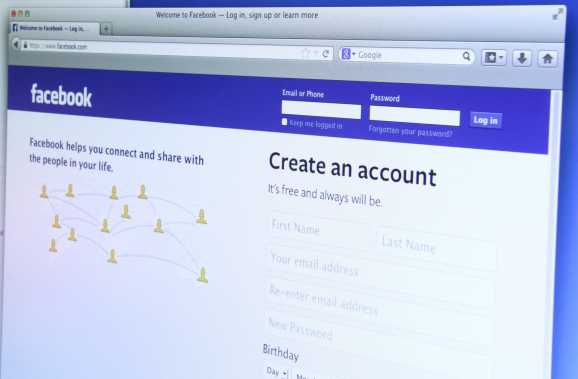
Photo source: Thinkstock
Washington
Social media may not be the most significant driver of political polarisation, according to a study that contradicts the popular narrative that the internet is to blame for rising partisanship.
Researchers at Brown University in the US have found that recent growth in polarisation is greatest for demographic groups in which individuals are least likely to use the internet and social media.
"Our findings do not rule out that the internet has played some role in the recent rise in polarisation," said Jesse M Shapiro, professor of economics at Brown.
"But they cast doubt on some common narratives linking polarisation to online news and social media," said Shapiro, coauthor of the study published in the journal Proceedings of the National Academy of Sciences.
Researchers note that many studies and measures indicate that Americans have become increasingly polarised in recent years, and that numerous researchers and commentators attribute increased polarisation in part to the rise of social media and the internet.
A common concern among those researchers is the tendency for online news sources or social media circles to create "echo-chambers" of like-minded individuals who paint the opposition as perpetrators of outrages and close off opportunities for conversation.
Researchers used data from the American National Election Study (ANES), a nationally representative, face-to-face survey of the voting-age population that has been conducted both pre- and post-election since 1948.
The researchers also utilised survey microdata on social media use from the Pew Research Center that covers the years 2005, 2008, 2011, 2012 and 2016, as well as from every presidential election year between 1996 and 2016.
They assessed whether demographic differences, in particular age, impacted trends in eight measures of political polarisation, ranging from straight-ticket voting to partisan effect polarisation — the tendency of people identifying as Republicans or Democrats to view opposing partisans negatively and co-partisans positively.
For all but one of the eight measures of polarisation, the increase was larger for the older group than for the youngest group.
This is important because age is a strong predictor of internet and social media use.
Less than 40 per cent of those 65 and older and less than 20 per cent of those 75 and older reported that they obtained information about the 2016 presidential campaign online.
In contrast, over 75 per cent of 18 to 39-year-olds got information about the 2016 presidential election online.
Within the 65 plus age group, partisan effect polarisation, which the authors identify as an especially important measure, grew at three times the rate it did for those aged 18 to 39. PTI



























